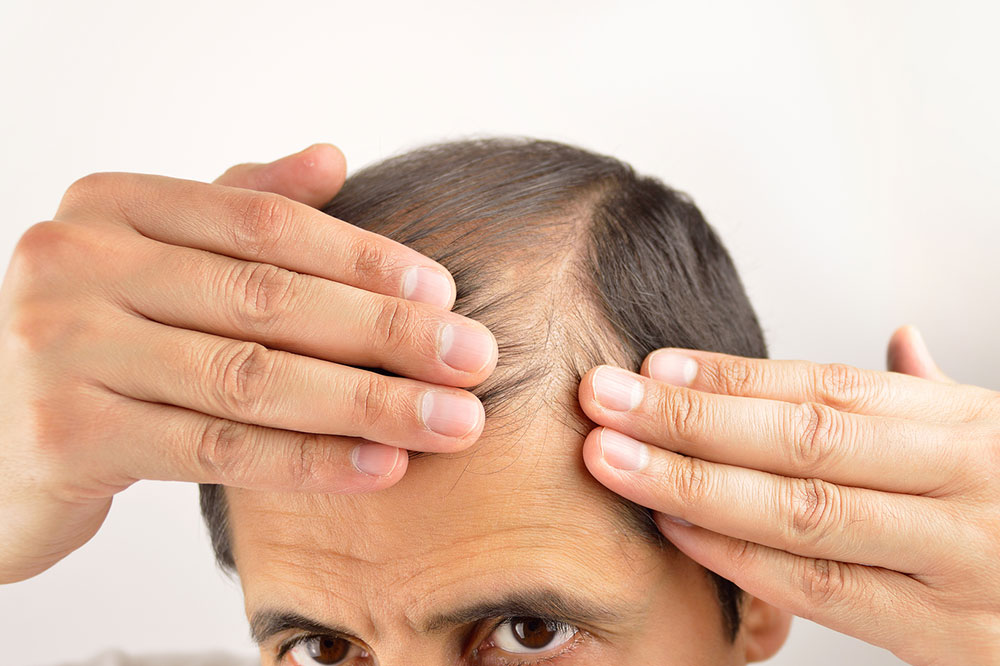Medical Conditions Causing Significant Hair Loss
This article explores various medical conditions that lead to severe hair loss, including hormonal imbalances, autoimmune disorders, and other health issues. Recognizing the underlying causes is crucial for effective treatment. Consulting healthcare professionals is strongly recommended for diagnosis and management of hair loss conditions.

Medical Conditions Causing Notable Hair Shedding
Hair naturally shed and regrow in a continuous cycle, often going unnoticed. Despite regular renewal, some individuals face excessive hair loss, which may signal underlying health issues. Factors such as nutritional deficiencies or serious medical conditions can contribute. Consulting a healthcare professional is advisable if experiencing abnormal hair fall. Here, we highlight common medical reasons behind severe hair loss.
Androgenetic Alopecia
Also called pattern baldness, this is a prevalent cause affecting both men and women. It often begins post-puberty and worsens over time. Men typically lose hair at the temples and crown, while women experience thinning across the scalp. Hormonal shifts during menopause can accelerate this condition in women.
Telogen Effluvium
This condition accelerates the normal shedding phase, leading to rapid hair loss and bald patches. It’s often temporary, with potential for recovery. Causes include thyroid issues, medications, rapid weight loss, childbirth, surgeries, and high stress levels.
Alopecia Areata
An autoimmune disorder with a genetic component, Alopecia Areata damages hair follicles, causing patchy hair loss or total scalp baldness. It can also affect eyebrows or body hair. With proper treatment and medical guidance, hair regrowth is possible. The main types include patchy alopecia, totalis, and universalis.
Hyperthyroidism
When the thyroid gland produces insufficient hormones, it disrupts metabolic balance, resulting in brittle hair and shedding. Over time, it can cause patchy hair loss. Left untreated, it can lead to serious health issues. Conversely, an overactive thyroid also hampers normal metabolic functions, affecting hair health.










